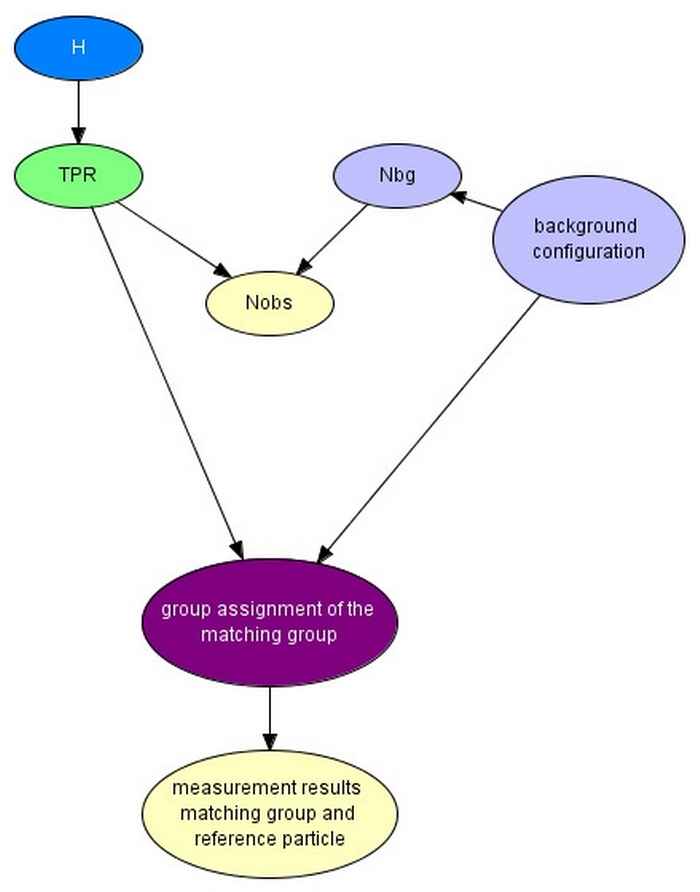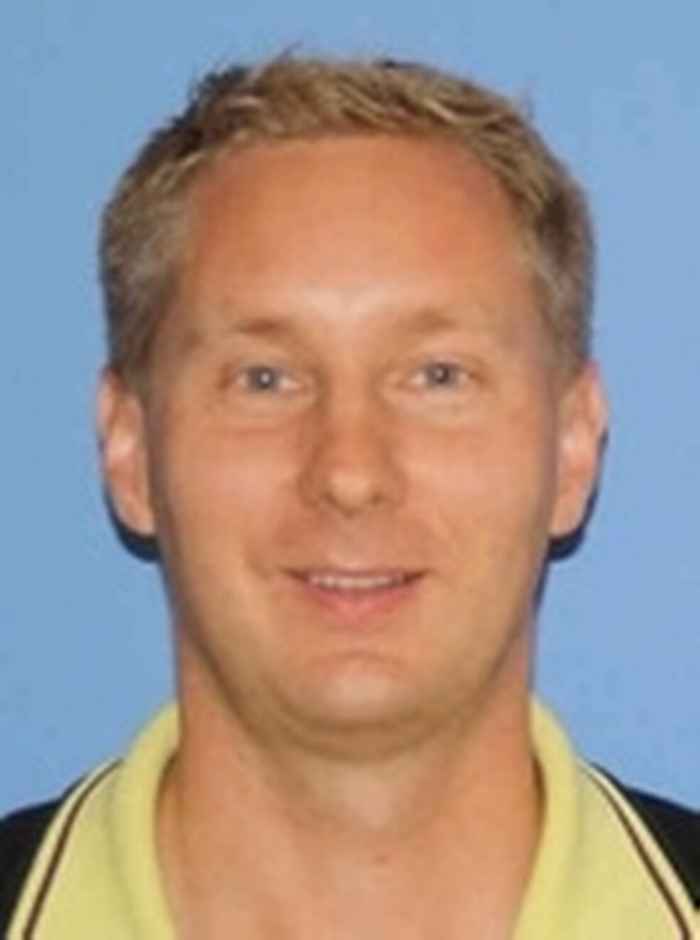Towards glass evidence 2.0: using MCMC methods to sample from a complex Bayesian network
In burglary cases, often small glass particles are found on the garment of a suspect. At court, the origin of these glass particles is disputed. The prosecutor may claim that some of them come from the broken window at a burglared house. The defense attorney may claim that none of the glass particles come from the broken window of a burglared house. At the NFI, a statistical model is being developed to the evidential value of a comparison of the glass trace particles and the glass from the burglared house in discriminating between the two scenario’s.
This statistical model consists of a Bayesian network, in which the probabilistic relations between several relevant variables are captured. A Bayesian network may be used as a ‘calculator for probabilities’ as long as the number of variables and possible states for the variables is not too large. Unfortunately, the number of states and the number of variables become quickly very large in regular glass casework.
A way to work around this problem may be to sample from the Bayesian network and use the sampling results to calculate the desired statistics. In order to achieve appropriate sampling, Marcov Chain Monte Carlo (MCMC) techniques should be used.

RESEARCH GOAL
The task of the MSc student is to do a feasibility study of MCMC sampling of large Bayesian networks. He is provided with the Bayesian network proposed for glass evidence evaluation and a software tool for MCMC sampling. If MCMC sampling succeeds, the results have the potential to be published in a peer reviewed forensic scientific journal, and possibly the results will be used in further casework.
REQUIRED/RECOMMENDED EXPERTISE
A background in research methodology, statistics, or anything related to statistics.
|
Institute/Company : |
Netherlands Forensic Institute |
| City: | Den Haag, The Netherlands |
| Country : | The Netherlands |
| Supervisor : | Peter Vergeer |
|
UVA Examiner: |
|
|
UVA Coordinator: |
